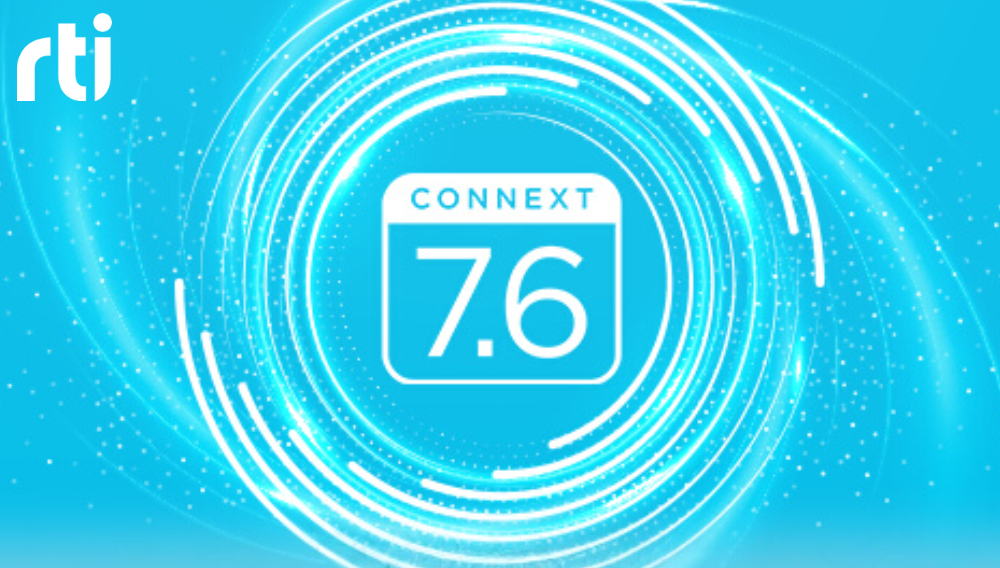
4 min read
Anti-Hours Win Wars
The Brave New World In his recent 90-minute speech, Secretary of War Pete Hegseth declared war on the acquisition bureaucracy. The newly released...
Read more ⇢RTI is the world’s largest DDS supplier and Connext is the most trusted software framework for critical systems.
|
From downloads to Hello World, we've got you covered. Find all of the tutorials, documentation, peer conversations and inspiration you need to get started using Connext today.
RTI provides a broad range of technical and high-level resources designed to assist in understanding industry applications, the RTI Connext product line and its underlying data-centric technology.
The monthly RTI Newsletter lets you in on what’s happening across all the industries that matter to RTI customers.
RTI is the software framework company for physical AI systems. RTI Connext delivers the reliability, security and performance essential for highly distributed autonomous and physical AI systems.
Your Systems. Working as One.

4 min read
The Brave New World In his recent 90-minute speech, Secretary of War Pete Hegseth declared war on the acquisition bureaucracy. The newly released...
Read more ⇢
4 min read
The Next Frontier in Golden Dome Golden Dome isn’t just a hardware integration challenge. It’s a race to deliver the next generation of integrated...

3 min read
The Future of Surgical Expertise is Remote The advancement of surgical robotics has reached a crucial inflection point: the ability to extend the...

3 min read
As vehicle architecture evolves into software-defined vehicle (SDV) platforms, the complexity of designing, deploying, and validating SDV...

5 min read
The pace of innovation in surgical technology in 2025 is nothing short of transformative, as industry leaders continue to advance next-generation...

7 min read
When building any software system, choosing between fully custom “Roll Your Own” (RYO), open source software (OSS) and closed source (Commercial)...

3 min read
The Mission and the Clock Golden Dome has a clear objective: create an integrated homeland-defense architecture capable of detecting and defeating...

2 min read
As the traditional model of hardware-centric vehicles gives way to the era of software-defined vehicles (SDVs), software is taking the front seat in...

4 min read
Across industries, the world is rapidly transitioning to software-defined systems – from vehicles and medical devices to industrial equipment and...

3 min read
From vehicles and medical devices to industrial equipment and defense platforms, the shift to software-defined systems is already well underway. The...
Connext is the world's leading implementation of the Data Distribution Service (DDS) standard for Real-Time Systems. Try a fully-functional version of Connext for free.